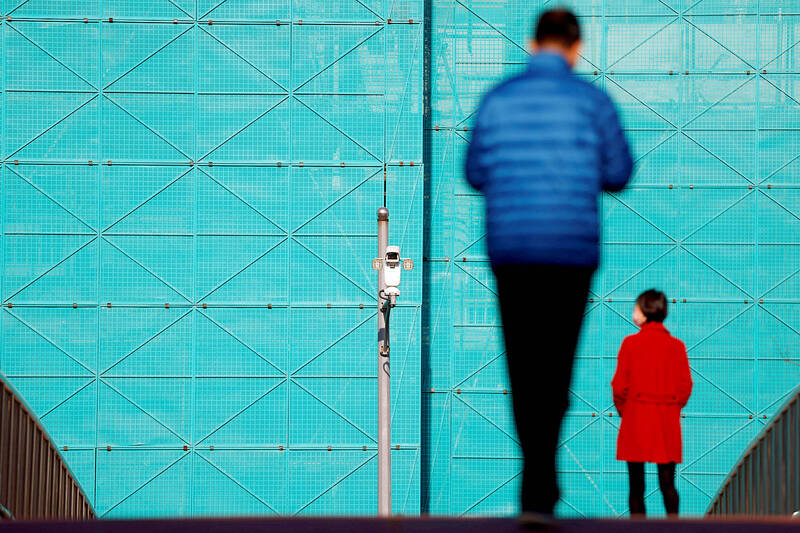Lifestyle
China Allegedly Uses Religious Groups for Matchmaking in Taiwan

Beijing is reportedly using religious groups to organize matchmaking events aimed at young people in Taiwan, as part of a larger strategy to influence Taiwanese society. This assertion was made by Shen Yu-chung, Deputy Minister of the Mainland Affairs Council (MAC), during a legislative meeting on March 15, 2024.
According to data from the Taiwan Information Environment Research Center, approximately 16,000 Taiwanese individuals participated in matchmaking events facilitated by religious organizations in China last year. Most of these gatherings occurred in Fujian Province, a region known for Beijing’s “united front” operations aimed at Taiwan. During the meeting of the legislature’s Foreign Affairs and National Defense Committee, Democratic Progressive Party Legislator Chen Chun-yu pressed Shen for the government’s perspective on these activities.
Shen clarified that while the government does not oppose normal exchanges between religious groups, it has observed a concerning trend of political interference by Beijing. He noted that Chinese temples have reportedly been instructed to refer to the goddess Matsu as a Chinese entity, and that pro-Beijing narratives have been incorporated into tour packages.
The Deputy Minister emphasized that the Chinese Communist Party appears to be leveraging religious festivals to entice young Taiwanese to engage with Chinese nationals through these matchmaking events. He described this as a potential tactic to promote the cultural assimilation of Taiwan into China through social networking and cultural influence.
In a related matter, Shen mentioned that the MAC and the National Security Bureau are actively monitoring an increase in misleading reports circulating on social media and news outlets following the recent summit between US President Donald Trump and Chinese President Xi Jinping. He indicated that Beijing seems to be employing pro-China academics and think tanks based in the United States to disseminate narratives that favor Chinese interests or undermine the credibility of the US as an ally.
Shen characterized using American voices to propagate Chinese propaganda as a strategic effort to enhance the perceived credibility of pro-Beijing messages. This pattern of activity raises significant concerns about the integrity of information being shared and the potential impact on Taiwan’s societal dynamics.
As Taiwan continues to navigate its complex relationship with China, the implications of such tactics are becoming increasingly apparent, prompting calls for vigilance and strategic response from Taiwanese authorities.
-

 Business5 months ago
Business5 months agoKenvue Dismisses CEO Thibaut Mongon as Strategic Review Advances
-

 Lifestyle5 months ago
Lifestyle5 months agoHumanism Camp Engages 250 Youths in Summer Fest 2025
-

 Sports5 months ago
Sports5 months agoDe Minaur Triumphs at Washington Open After Thrilling Comeback
-

 Sports5 months ago
Sports5 months agoTupou and Daugunu Join First Nations Squad for Lions Clash
-

 Top Stories5 months ago
Top Stories5 months agoColombian Senator Miguel Uribe Shows Signs of Recovery After Attack
-

 Health5 months ago
Health5 months agoNew Study Challenges Assumptions About Aging and Inflammation
-

 World5 months ago
World5 months agoASEAN Gears Up for Historic Joint Meeting of Foreign and Economic Ministers
-

 World3 months ago
World3 months agoSouth Korea’s Foreign Minister Cho Hyun to Visit China This Week
-

 Business5 months ago
Business5 months agoOil Prices Surge Following New EU Sanctions on Russia
-

 Entertainment5 months ago
Entertainment5 months agoDetaşe-Sabah Violin Ensemble Captivates at Gabala Music Festival
-

 Business3 months ago
Business3 months agoStarling Bank Plans Secondary Share Sale, Targeting $5.4 Billion Valuation
-

 Entertainment5 months ago
Entertainment5 months agoBaku Metro Extends Hours for Justin Timberlake Concert









